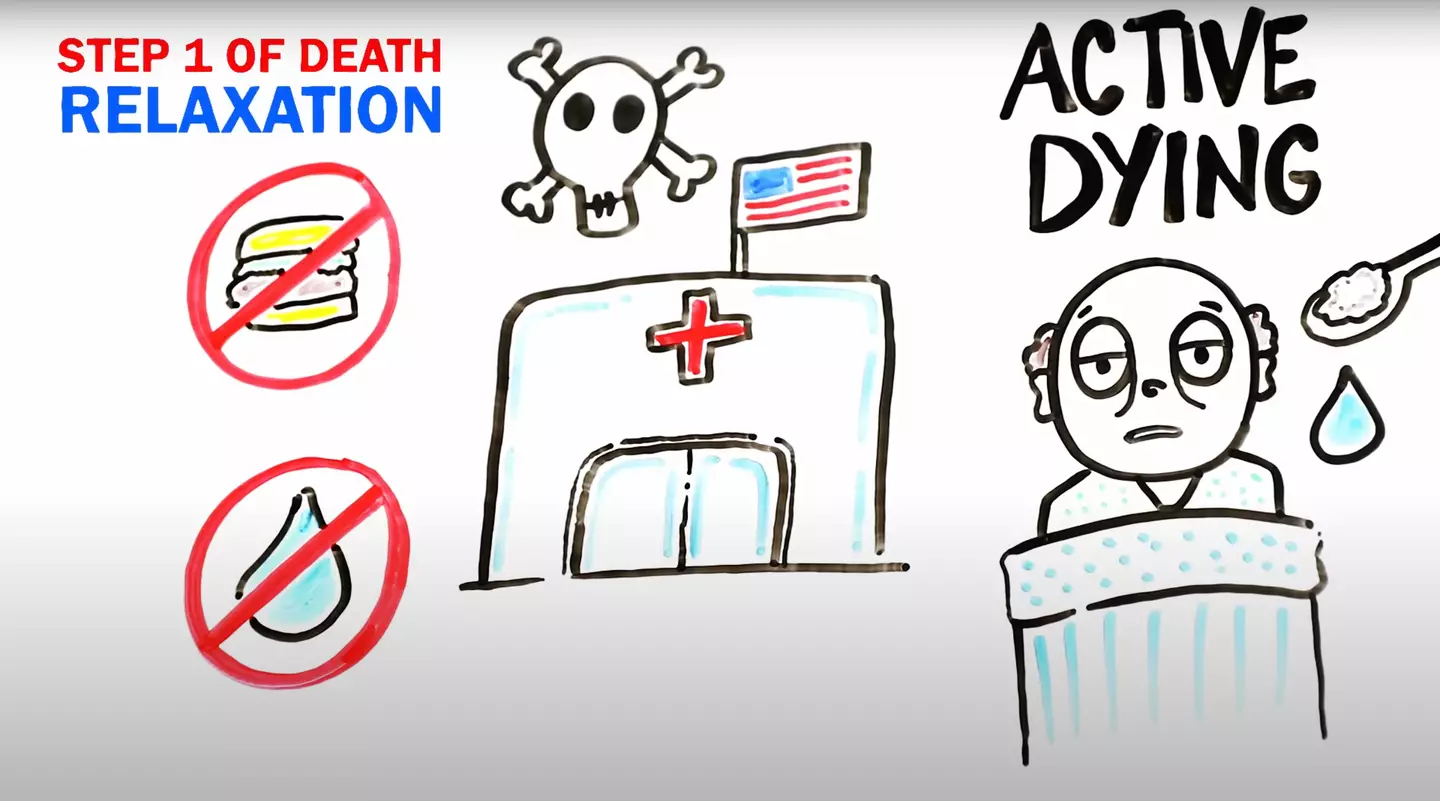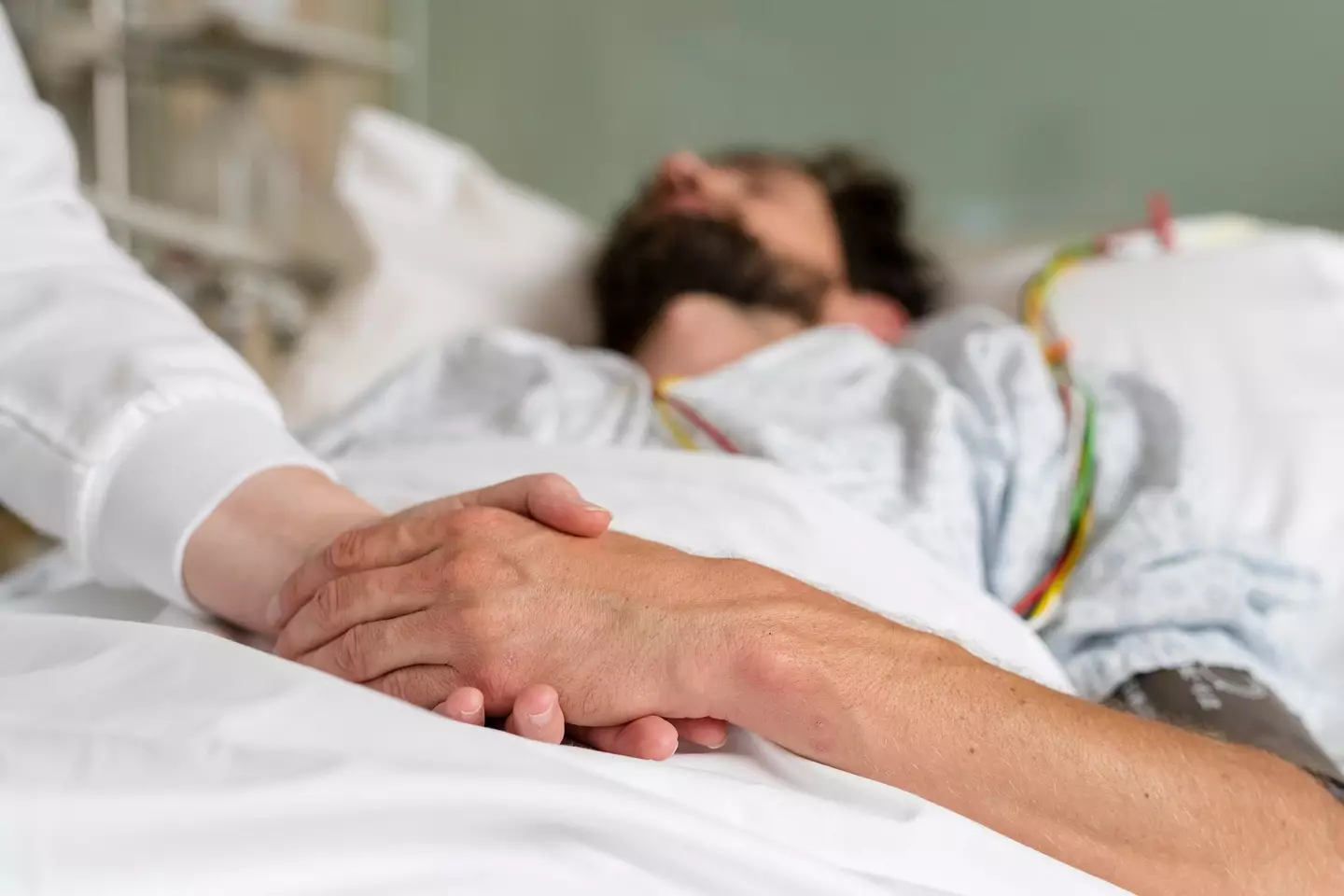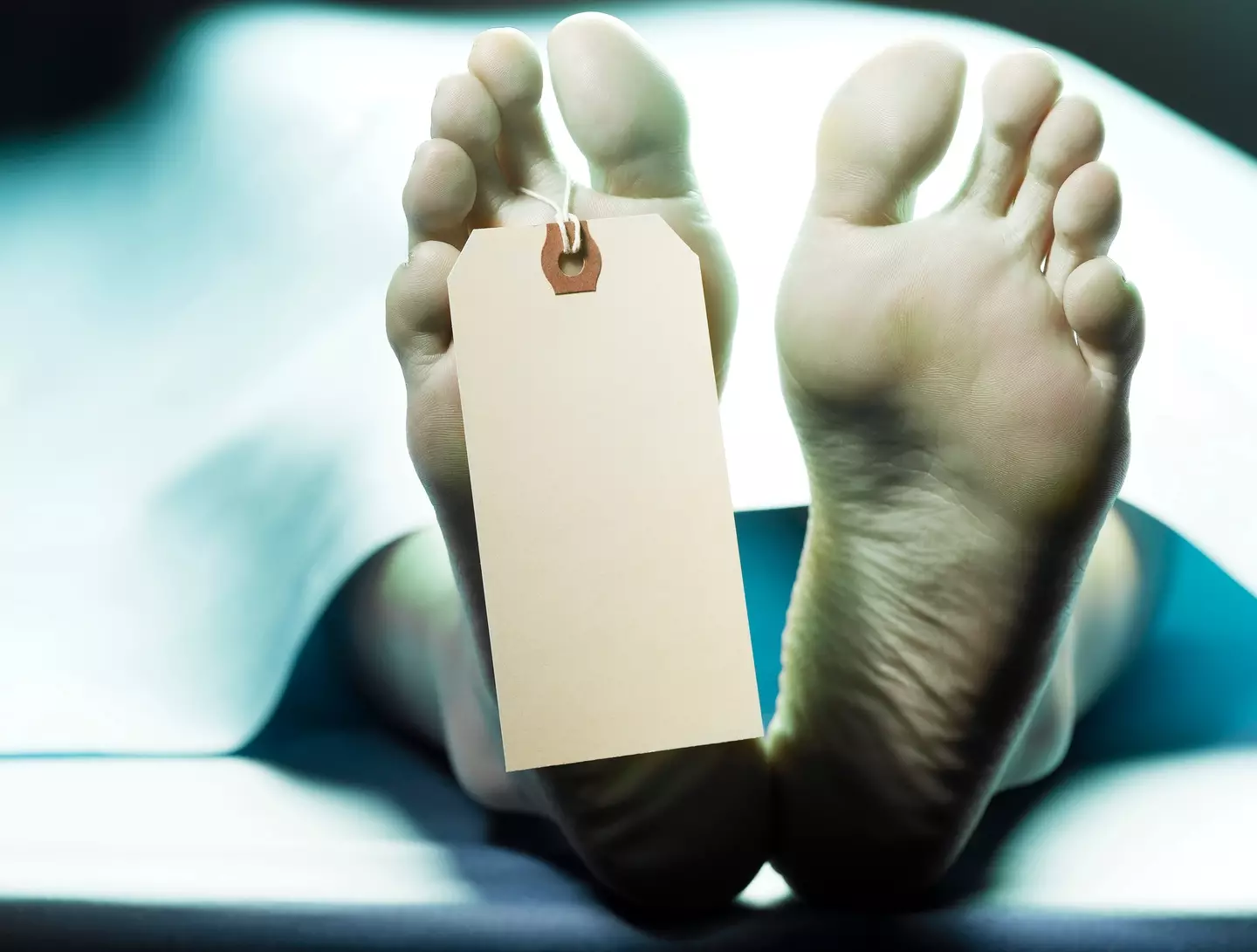
A video has revealed exactly what it feels like to die and it’s giving people an “existential crisis”.
In a clip uploaded to YouTube, it shows what it feels like as you die which many may be curious about, although maybe terrified too.
The channel, @AsapSCIENCE, shared some insight as to what we would experience in the last few moments of our lives.
Advert
Posting the video for their 10.7 million subscribers, AsapSCIENCE revealed that scientists are now “closer than ever to understanding what actually happens while you're dying”.
Through studies of the brains and bodies of dying people, researchers can now reveal that the first thing you’ll feel is “relaxation”.
What are the stages of death?
The YouTubers said: “The first sign of death is a loss of hunger and thirst, physicians call this the beginning of active dying and it is caused by an intense feeling of relaxation where you will likely only be capable of handling small spoonfuls of food and water.
“Step two of death: extreme fatigue and unconsciousness.
“One study found that 72% of patients in this phase of death reported pre-death dreams involving reuniting with people who had already died. 59% said that they dreamed about getting ready to travel somewhere and 28% dreamed of meaningful experiences from their past.”

According to AsapSCIENCE, step three of death is seeing light, which studies explain that “your heart will beat less forcefully, your blood pressure will fall and your organs including your brain will function less. Essentially your brain is trying to preserve energy as it slowly dies and this causes your brain to lose the power of inhibition.
“You may have heard people talking about seeing the light or moving towards the light during near-death experiences. Brain studies on rats show that a dying brain's lack of inhibition causes the visual brain system to fire.”
"They were going towards a place that felt like home"
Step four is “scary breathing” which is also known as the death rattle which happens as saliva starts to build at the back of the throat.
The final stage is “brain surging”, which AsapSCIENCE says was studied on people who had died and been brought back to life through CPR.

They reportedly experienced increased brain activity, with “some of these patients reported knowing that they were dying but also that they were going towards a place that felt like home”.
It’s safe to say this information has some people freaked out.
Taking to the YouTube comment section, one user said: “Nothing like a nice existential crisis before heading to bed.”
Another wrote: “It's strange how the brain tries so hard not to die, but when it realizes it is happening it tries to make the experience as pleasant as possible.”

A third person shared their own experience, adding: “I died from a Heart Attack...it was my third one. As soon as my heart stopped, there is no pain. It was the most perfect feeling! When the Doctors finally got my heart going again (After a couple of minutes - I was told later) all the pain came back. I've since had two more; I guess it's not my time yet.”
And a fourth person felt soothed by the video, writing: “I put off watching this, because i have severe death anxiety, but this was very comforting. Thank you.”